
We began a kind of tradition a few years back. Tradition is not the best word for it, or rather, it is not the word I would choose for it. Yet I know not another word for what we have been doing. So that is what I will call it.
In our season of remembering Anna and mourning her death, which begins with her birthday on March 29, continues through Easter, and ends with the day of her death on May 7, the calendar plays one last cruel trick on my wife. The first Sunday following the date of Anna’s death is always Mother’s Day.
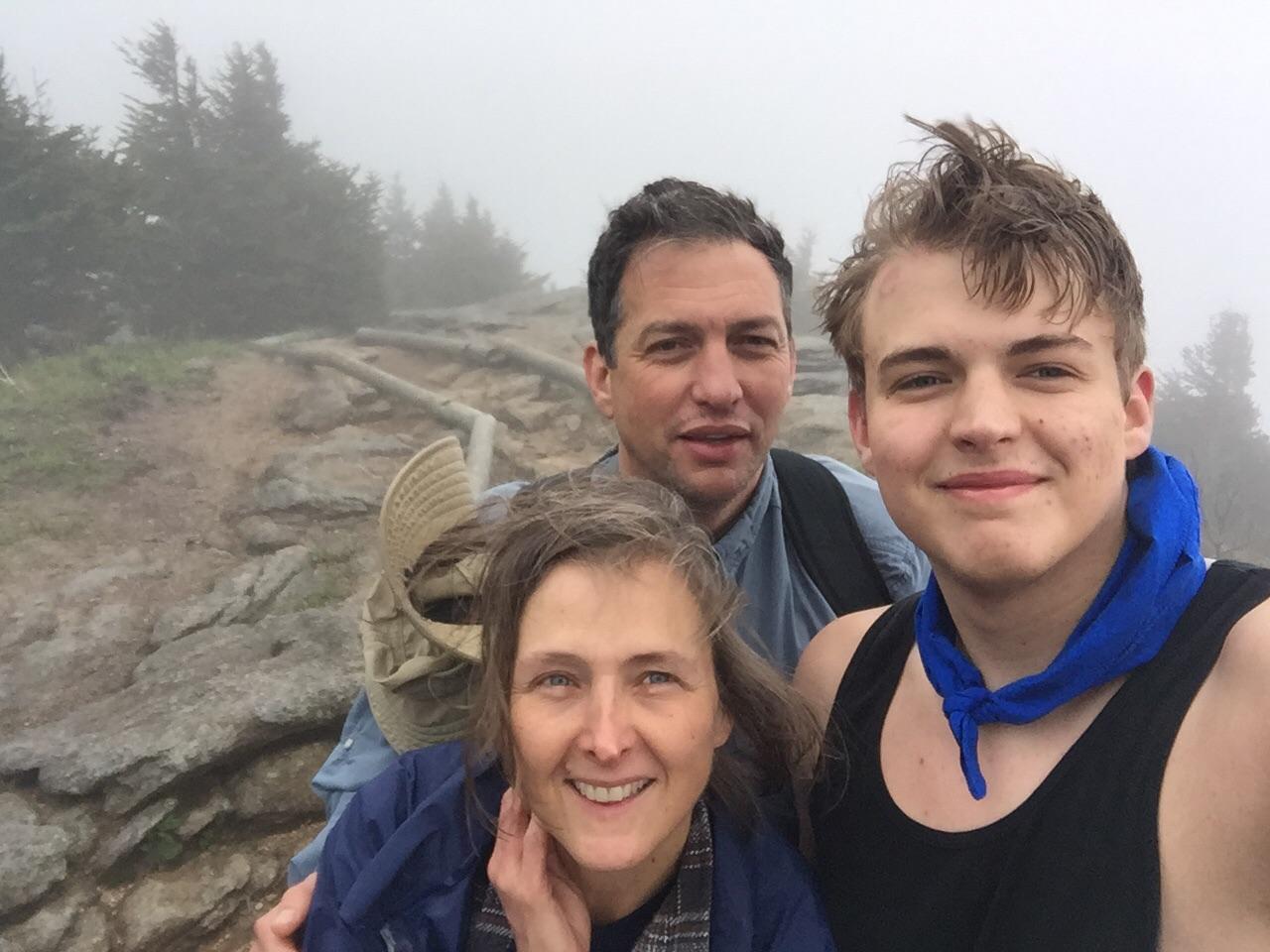
We learned long ago that we could not, nor should we, expect that everyone around us share in whatever emotion we happened to be experiencing at that time. Events would take place that for most were just ordinary moments. For us, however, a mundane event, a song playing in the background, the look of a child running by, it could be just about anything, would make us stop while Timberley wordlessly leaned in. I would put my arm around her and draw her in. We would just silently and momentarily mourn again the loss of Anna. After a deep breath together, we would go on.
It becomes difficult, however, when events around us are celebratory and meant–rightfully so–as times of rejoicing. So once a year, our church–again, rightfully so–celebrates motherhood. We want the church to do that. We have no problem with the church doing that. We have just decided over the years that it is easier if we don’t participate.
Hence our new tradition. We now plan each year to be out of town on Mother’s Day. Sometimes it is a trip to the beach. If we don’t leave town, then it might be a day trip to a museum in town. But we just plan to be away somewhere for the day.
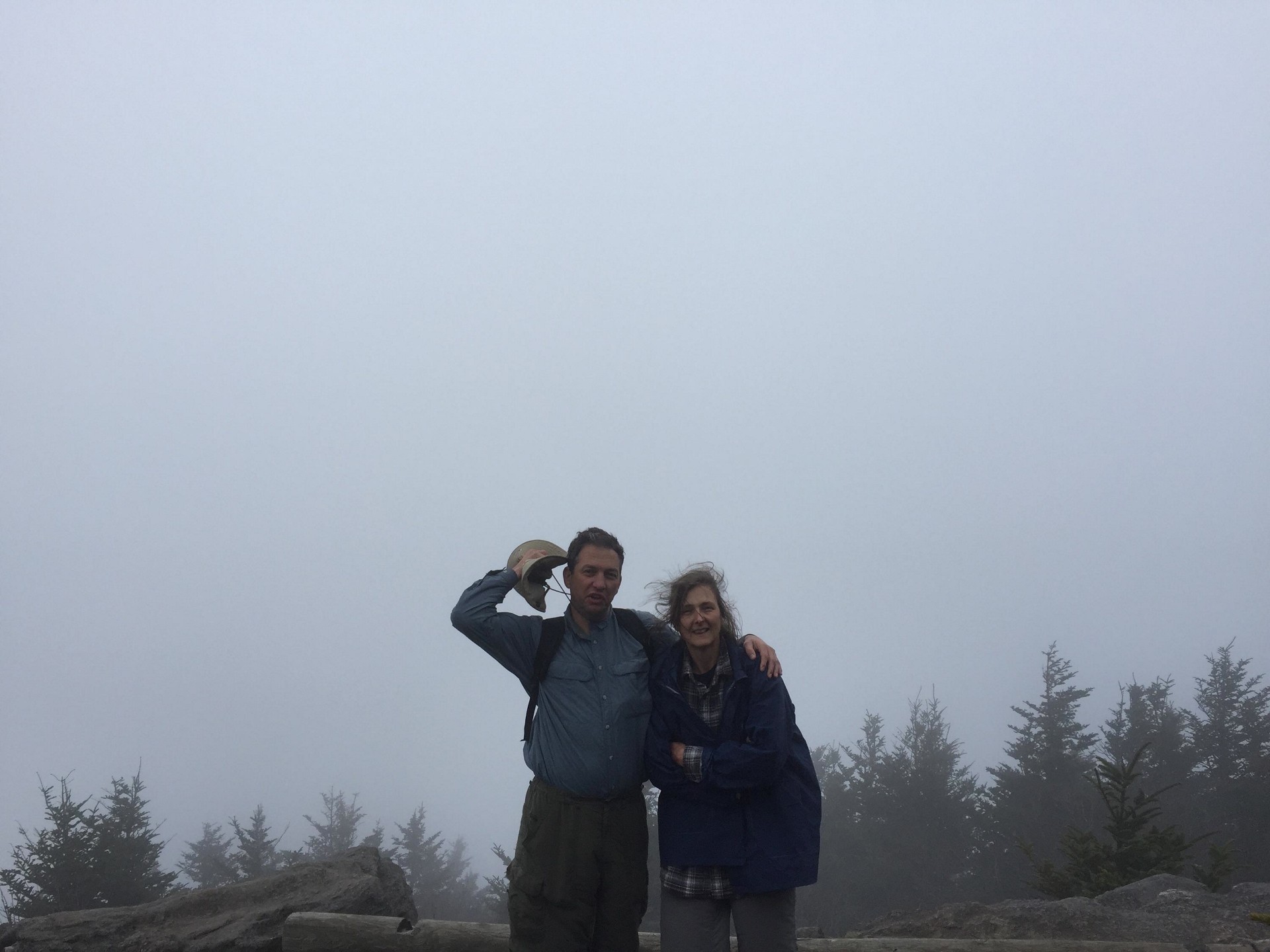
This year we decided to tackle Mount Mitchell. In hindsight, it would be better to say that Mount Mitchell tackled us. Mount Mitchell is the highest point in the US east of the Mississippi River. My friends from California or Colorado might snicker, but Mt. Mitchell towers above the rest of the Blue Ridge Mountains at 6684 feet above sea level.
Several years ago, Sam and I went there with Sam’s scout troop. I knew that I needed to bring Timberley back at some point. The hike we took was strenuous and beautiful. I knew she would love the combination. We made our reservation to camp for two nights in the state park located at the summit. Then we planned to hike out to Deep Gap and back, traversing about four peaks on the way and getting an incredible view of the Blue Ridge Mountains from each peak. In between the peaks, the wooded areas are full of interesting flora, conditioned by the altitude and the extreme and varying climate.
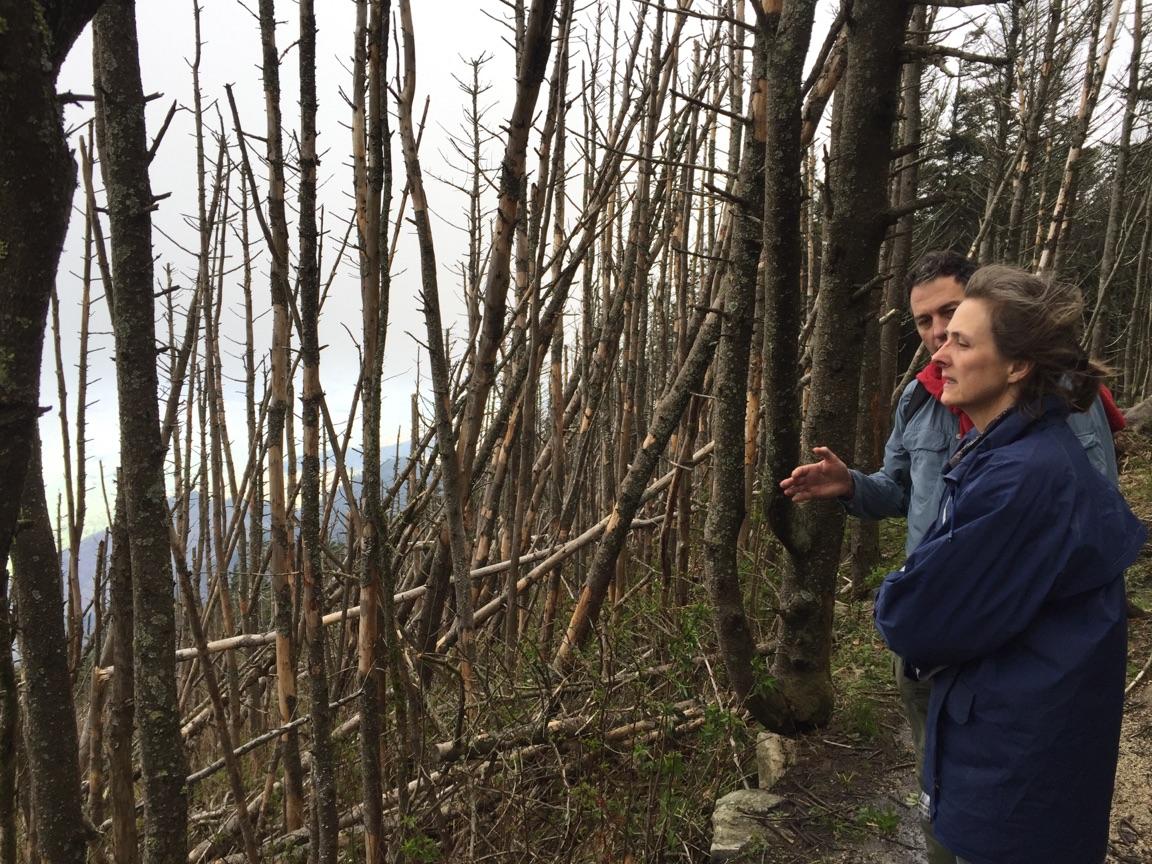
So we set out. Things went well at first. We made our way out I-40 and up into the mountains. We found our exit from the freeway. We followed the directions through the small town of Marion. Timberley made an off hand comment about a gas station and wondered aloud how much gas we had left. I knew we were getting close. I knew that the next day we could almost coast down hill to the town. We would be fine. I said, “Yeah, we’re fine. Don’t worry.” Hmmm.
Then we started up the winding road. Uphill. In an old Volvo 240. Loaded with camping gear. With every switchback I silently watched the fuel gauge dip further and further. I started asking navigator Sam questions like, “So Sam, where do you see us on the map?” “So Sam, how far do you think we have from here?” And all along, I knew that we driving to the top of the highest peak in the state. As I gazed around, all I could see were dozens of other peaks higher that the ridge we were currently driving. Far higher. At some point, our fat, overloaded, Volvo 240–which I dearly love–would have to leave the ridge I was on and begin climbing again one of these other peaks I could see. And then I would l look back again to see the fuel gauge laughing at me as it descended further into the red.
“Okay”, I said, pulling the car to the shoulder. “We’re going back down to get gas.” Sam and I had a brief discussion as to whether we should try to go forward to another town, or to retrace the 30 minutes or so back to Marion. We went back to Marion. I worked really hard not to look directly at Timberley on the way down.
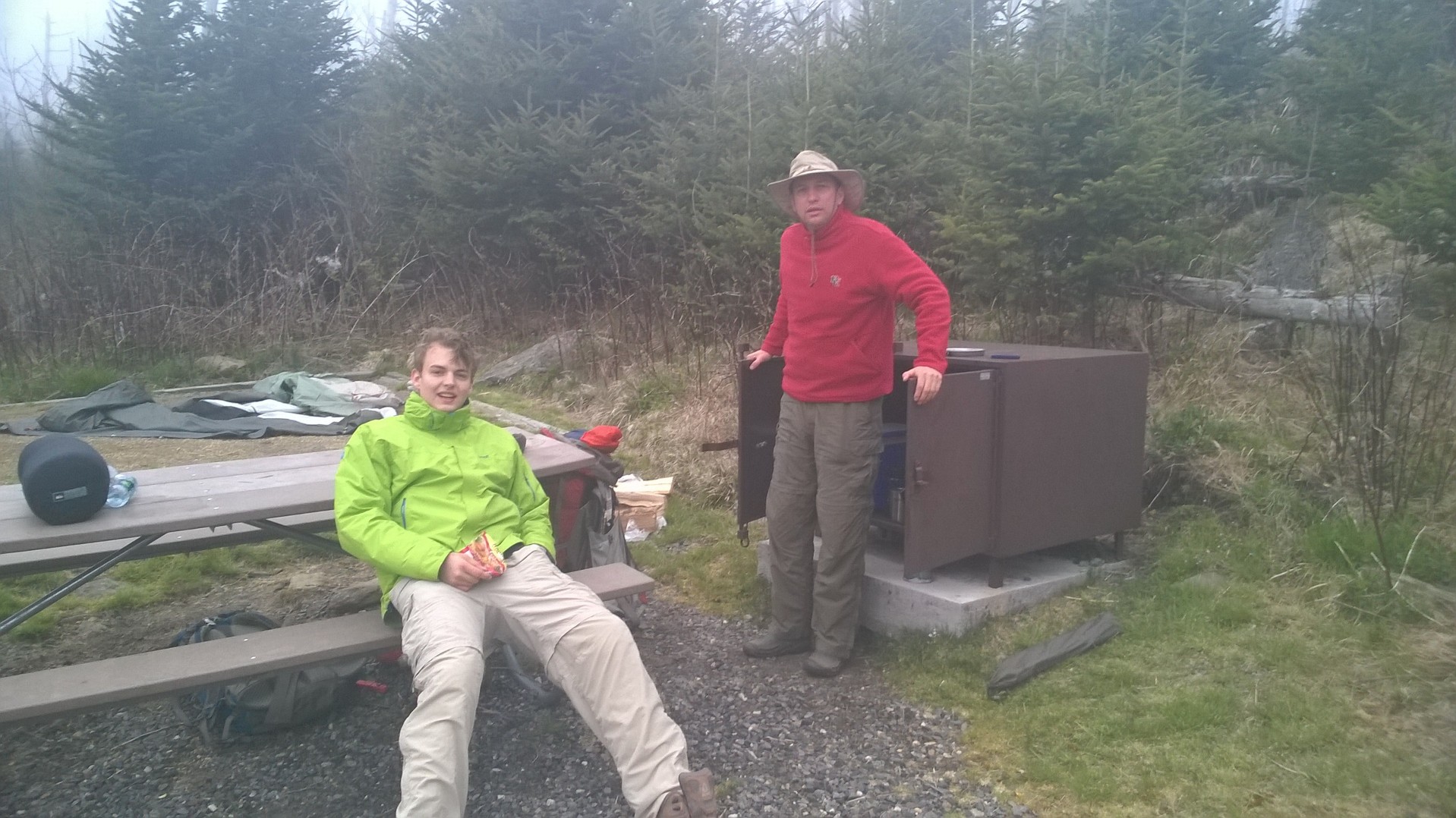
We turned the Volvo around and started back down the mountain. The driving was easier going back. No acceleration was needed. I knew we wouldn’t run out of gas now. The car did not get hung up on the steep inclines.
But then we noticed a smell. At first we thought of the poor guy we had passed whose clutch or brakes were going bad. But the smell kept following us. So then we thought there must be a car or truck in front of us, out of sight on the winding roads, that was casting its foul scent back in our direction. And on we went. Then it struck me. We are the smell. Those are our brakes that are stinking up the roadway. I pulled off and we got out to inspect our engine and wheels. The engine seemed fine, but Sam told us the wheels were what was smelling and that the heat coming off the wheels was almost unbearable.
We waited for a while until the wheels cooled a bit. I was worried about getting back down, finding gas, and getting back up the mountain before dark. We made the rest of the way to Marion without further adventure. We bought our gas, and set back out for Mt. Mitchell. The way up the second time was much more relaxed. Instead of staring fixedly at the fuel gauge and listening to its mocking laugh, it was now I who could laugh uncaringly at the poor gauge, helplessly sticking to the full side of the measurement.
We arrived near the summit where the camping spots are located. We noticed something odd, however, as we neared our destination. For one, there was considerably more fog at the top of the mountain than at the bottom. And second, the pine trees were not straight, and they seemed to be in a state of constant motion, leaning one way and then the other in a chaotic dance.
Now, before I say anything more, I need to tell you that I monitored the weather for our trip for days before we left. I was sure, and I assured my wife accordingly, that we would experience 70 degree weather with sunshine and no rain during our two days of camping. The weather as going to be just beautiful. The little sun figure on my phone just under “Mt. Mitchell” and right next to the giant 70 told me that it would be lovely.
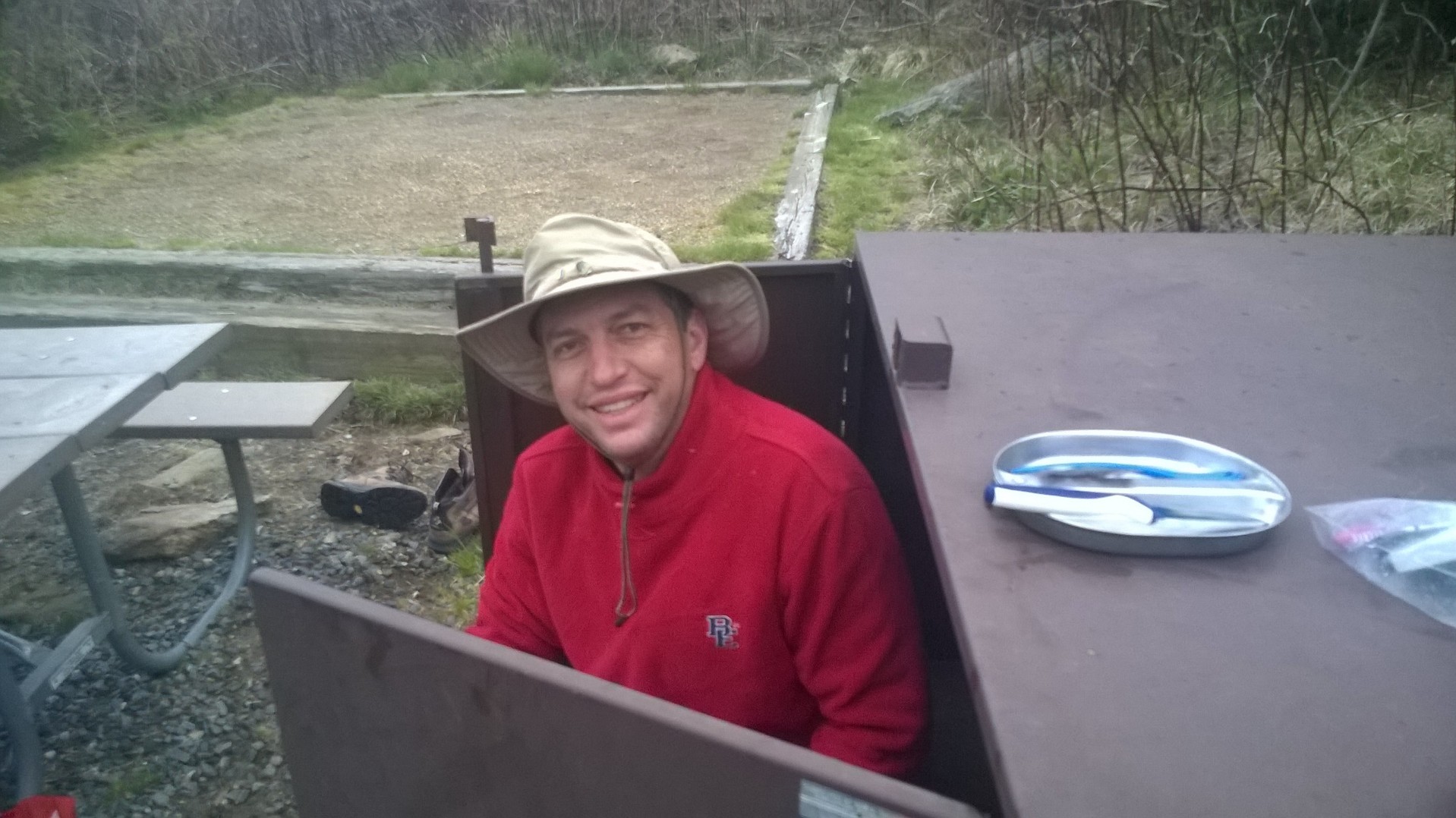
I learned this weekend that weather men are hacks. They have no idea. In fact, they probably don’t like me. We stepped out of the Volvo. Instead of 70, it was in the forties. Instead of the sun, we not only had clouds, but we were in the clouds. And then there was that part of the weather report that I did not even think about checking. That was the little matter of the gale force winds at the top of the mountain. (Now, to be fair, I don’t know what gale force winds are. I don’t know what a gale is. But whatever it is, the term “gale force winds” is an apt layman’s term for what we were standing in.)
It was cold, windy, and more than a little damp. But we had arrived. So we enacted our plan to set up our camp site. While I began getting our tent set up, Sam was going to start on a fire. Then while I cooked, Sam would get his hammock set up. Timberley would get the rest of our things put together.
Two problems. First, Sam had some trouble with the fire. Now Sam is an Eagle scout. I once watched Sam at one of his campouts gather material for a fire in the middle of a snowy winter, start a fire with no matches, and then melt a can of snow and bring it to a boil in 30 minutes. It was amazing to watch. But here he was. Damp wood. The aforementioned gale force winds. And Sam blinked. Was he defeated? I saw the faintest hint of doubt in his eyes. But Sam doesn’t give up on things like this. He gets frustrated. He gets agitated. But then at some point he gets smart and figures out a way to get it done. And soon, we had a blazing fire with five little chicken sausages cooking away in the dark.
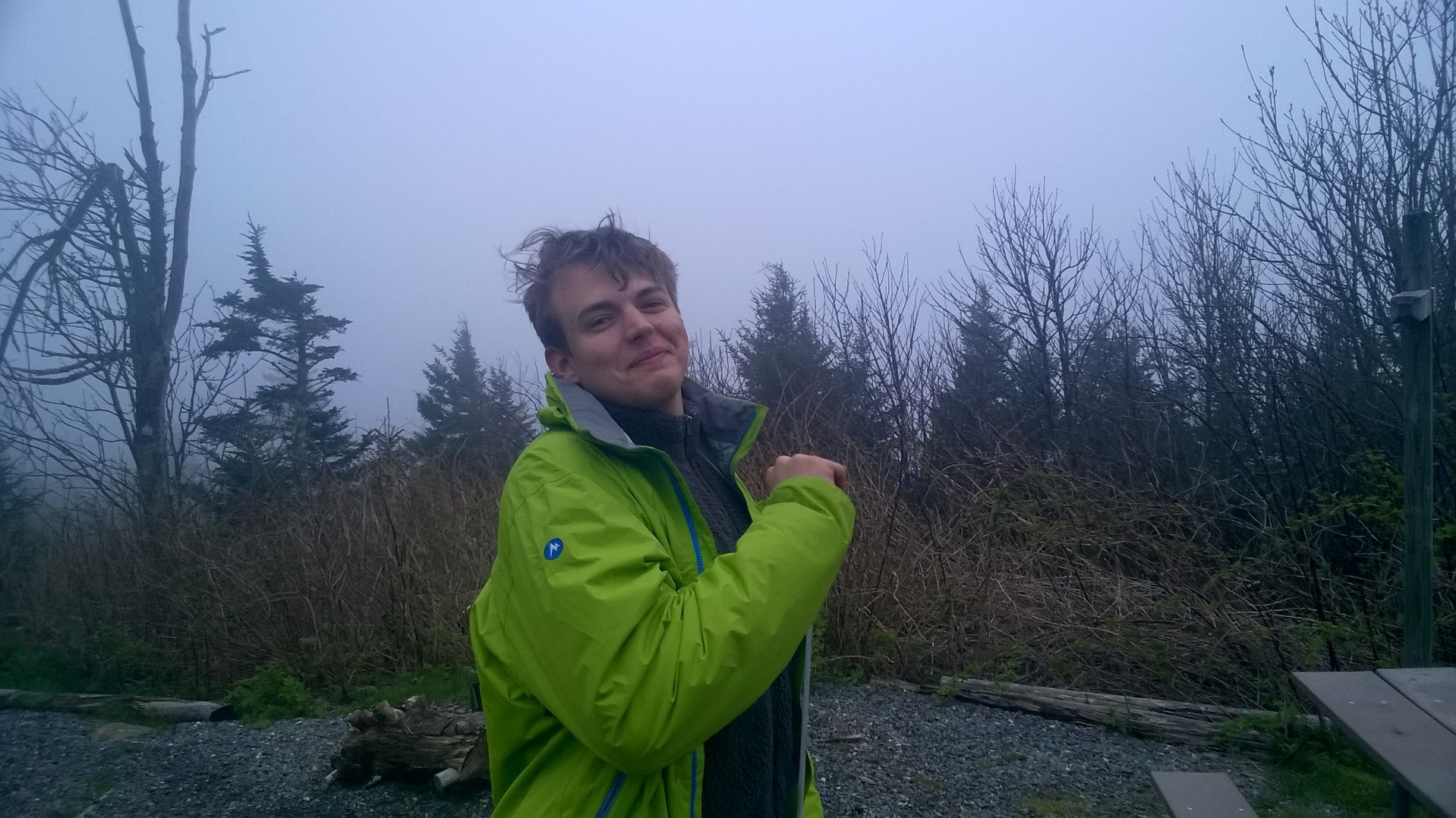
The second problem. When I went to set up the tent for Timberley and me, I unloaded the bag of its contents at the tent pad. I unrolled the ground cloth, the tent and the fly. I began to assemble the poles. I slid them into place and began hooking the tent to the arching poles. When I finished, I looked at my creation. Something was not right. The tent sagged noticeably in the middle. As I checked all the fittings and the hooks, it suddenly dawned on me. I had grabbed the wrong set of tent poles for this tent. Our two-person backpacking tent was being held up by a frame fitted for a one-person tent.
There was not much to do. It was standing. It seemed stable enough. It would have to do. The general flabbiness of the tent, however, was only exacerbated by the again aforementioned gale force winds.
We ate our dinner in the dark. We laughed a while. We shared some stories about Anna. And then we went off to bed. Sam got into his hammock. Timberley and I climbed into the sagging coccoon. If it had been a four-post bed with cloth draped over the top, cascading down in luxurious folds, it would surely have been a romantic place to sleep. But this was not a bed with luxurious cloth. We were on the top of an exposed rock, 6600 feet up in the air. In the middle of a cloud. In gale force winds. And the cloth descending a few inches over our noses was what was separating us from the elements. It was far from romantic.
But then we learned something else about the tent and the wind. As the wind turbine continued outside the tent at a steady rate, there was an occasional lull and then a tremendous gust of wind. Every time the gust would hit us, once every minute or two, the wind would get underneath the fly of the tent, blow it up like a giant nylon balloon, and then send it crashing down, slapping against the side of our tent with a tremendous “thwack, thwack, thwack.”
And so it went, minute after minute, hour after hour. And then the rain started. It wasn’t a bad rain, I don’t think. It’s just that, well, again I had assured Timberley before we left. “I’ve been checking the weather. Great weather. Sunshine. 70 degrees. Zero chance of rain all weekend.” I felt like Donald Trump assuring the country of the financial plan he was about to make up. “Your gonna love this weather. Trust me.” And then it started to rain. Every aspect of the trip was working out the complete opposite of what I had expected.
And on and on went the thwacking. Until, that is, the wind finally removed from us the cause of our consternation. Timberley woke me with a start, “Todd, the fly just blew away!” I grabbed my flashlight and started looking into the bushes next to our tent. No sign of our fly. I was not looking forward to getting out into the wind-blown, rain-soaked bushes to search for a fly that by this time had likely blown all the way to Tennessee. Just then, I shifted my feet and realized that I was standing on the fly. It was being held in the ground by two more stakes and was now out of the wind, lying calmly on the ground. I went back to bed.
The rain had stopped by that point. Sam had retreated to the car from his hammock. The wind continued to race through the tent. I say “through the tent” because now there was no fly to keep it out. But neither was there a fly to continue the merciless “thwacking” of the tent a few inches from our ears. So we laid in the cold wind. Watching the stars peak in through occasional holes in the clouds racing overhead. The gusts of wind now just gently rocked our tent back and forth. And after some time, I fell asleep.
In the morning, the wind was still there but seemed calmer. The thick fog still enveloped our campsite. It was cold. I used a small gas stove and made some coffee for Timberley and myself. We talked about our plans and decided we would not spend the second day on top of the mountain.
We packed up our gear and made our way to the head of the Deep Gap Trail starting from the parking lot near the summit. We decided to do just the first leg of the hike out to Mt. Craig and then see how we were doing. The air was clean. The exercise was exhilarating. The hike was strenuous. We had few moments with a view, however, since almost the entire hike was spent on the inside of a cloud. Every now and again the sky cleared, so Timberley was able to get a taste of what the hike would have been like on a sunny day.
We made it back to the car and decided to go into Black Mountain for lunch and then home. We knew of a German restaurant in town that had been recommended. We had Reuben sandwiches there and then got on the road for home.
Things rarely go exactly as planned, and sometimes they go in precisely the opposite way of how you plan them. But we still plan and move on. Did our trip fail because of the wind or the fact that I wouldn’t stop for gas on the drive in? No, those events just added to the experience of the adventure. We have a story to tell now that is different than if we had had sunny skies and beautiful views. In the future we will certainly laugh more about this weekend than we will about the beautiful ones.
We had a wonderful Mother’s Day weekend together. We worked together to overcome problems. We laughed together. We helped each other.
Timberley noted that Anna would have loved the camping and hiking. I wasn’t so sure about the camping part of it. Anna was very much the Princess. She put up with a lot, but she also enjoyed her bed. But she would have loved the hiking and being outdoors. She and Sam both love(d) animals and nature. And her fertile imagination would have surely turned the weekend into part of a novel. But, alas, our plans do not always work out. The weather is unpredictable. Sometimes we forget to stop for gas. Sometimes the real weekend ends up being so much different than the one you planned. The reality is always a mix, then, of sadness over disappointment and amazement at how things actually turn out.
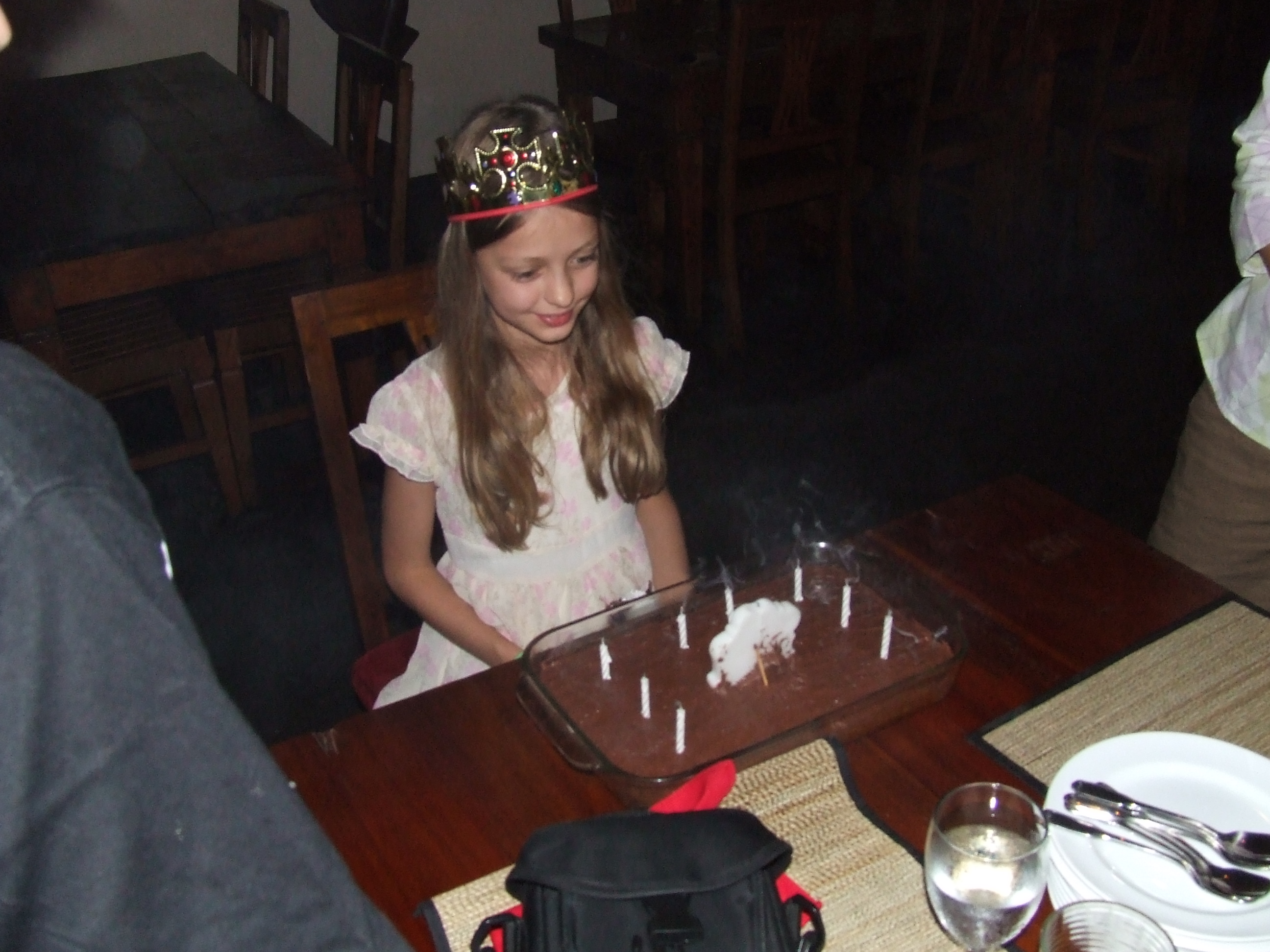

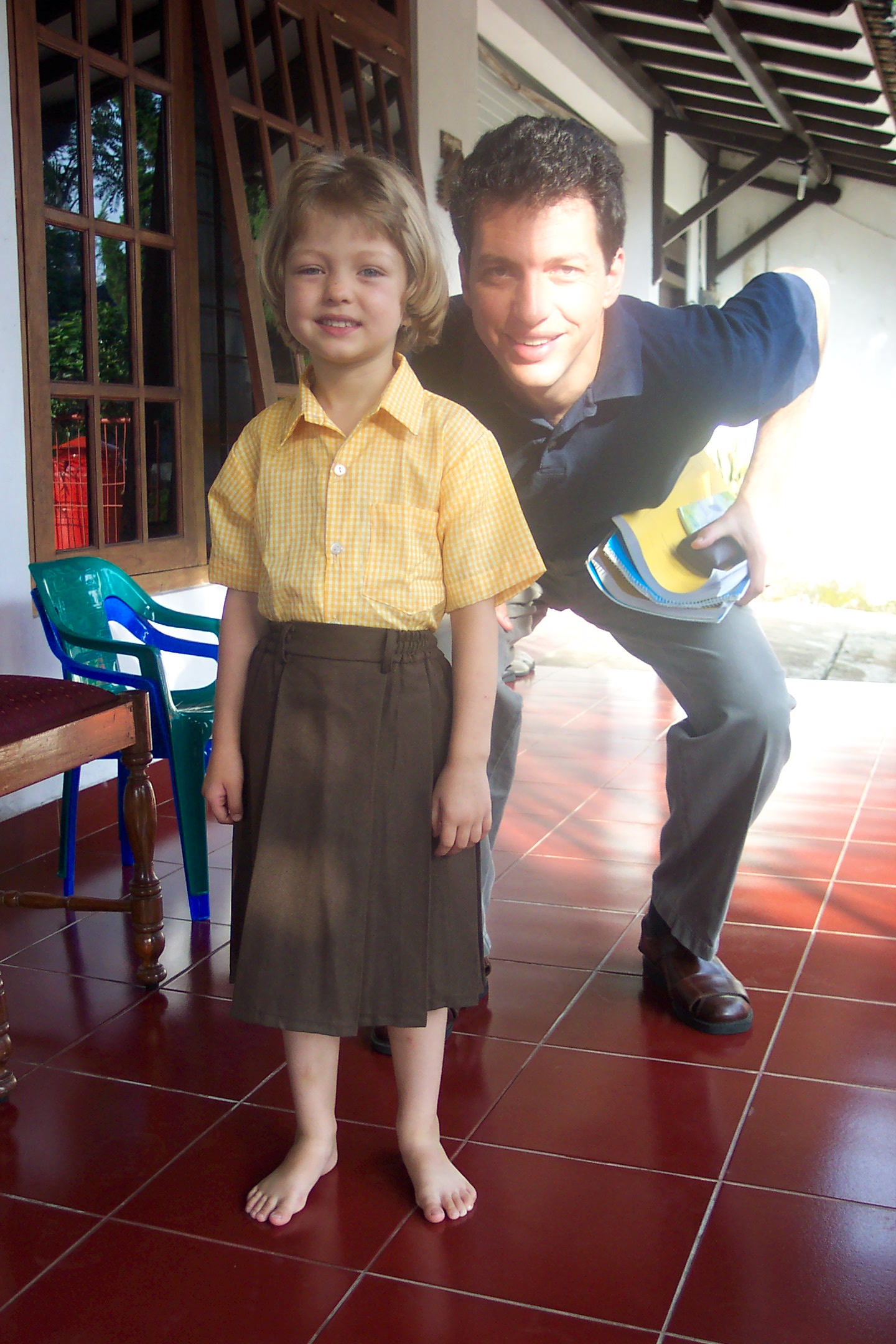

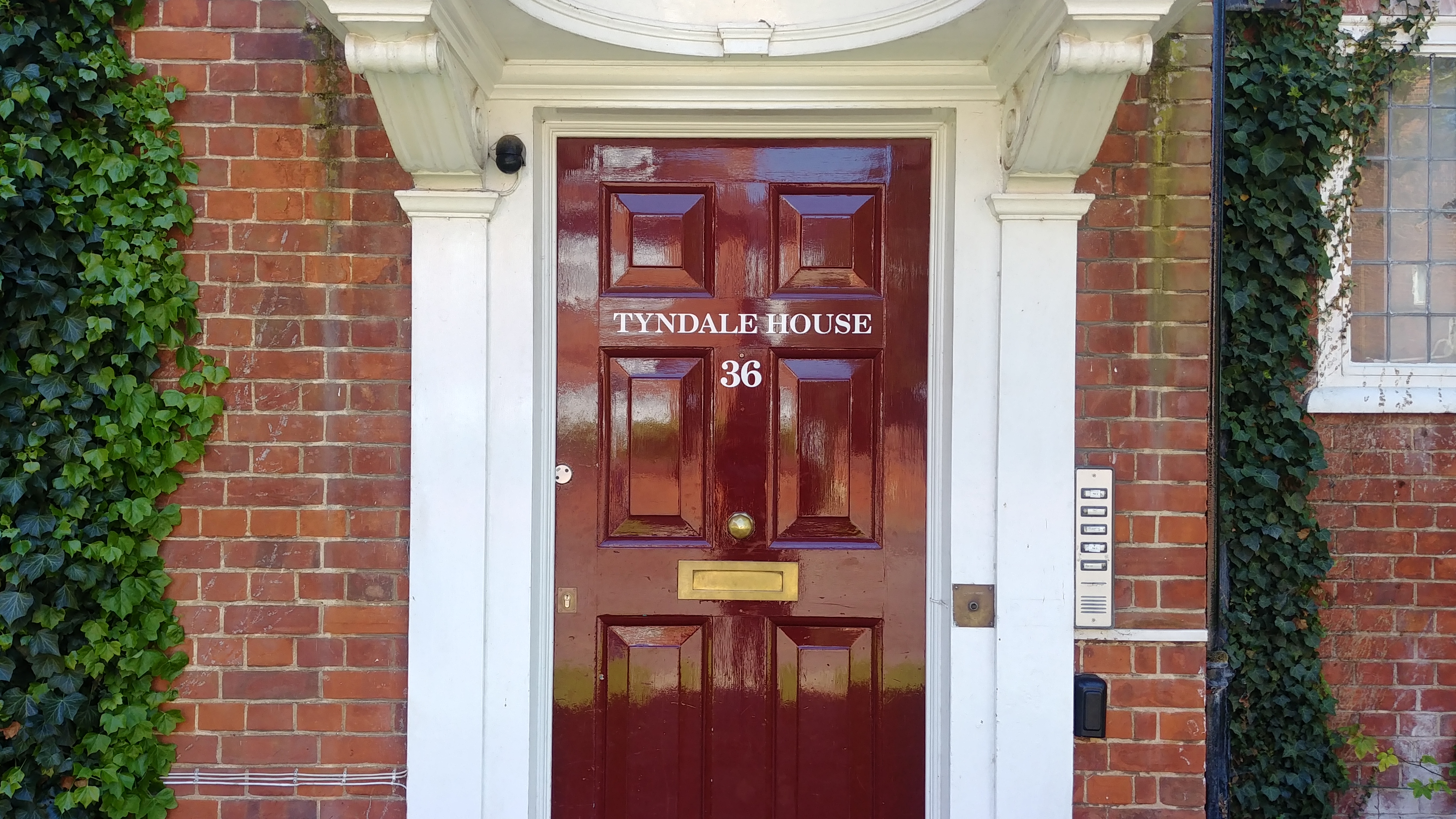 Timberley and I are in England as I am writing today’s post. We are staying for one month at the Tyndale House in Cambridge, where I am reading and writing for a few projects. Our change of place and routine brought on a few unintended changes for me. Yesterday (May 6), Timberley asked me something about today (May 7). My slow response must have alerted her that I did not know the day’s date. “You do know what tomorrow is, don’t you?” Just then, I remembered the date. Yes, today is the sixth. Tomorrow is the seventh, I thought. How could I have forgotten? It is that day.
Timberley and I are in England as I am writing today’s post. We are staying for one month at the Tyndale House in Cambridge, where I am reading and writing for a few projects. Our change of place and routine brought on a few unintended changes for me. Yesterday (May 6), Timberley asked me something about today (May 7). My slow response must have alerted her that I did not know the day’s date. “You do know what tomorrow is, don’t you?” Just then, I remembered the date. Yes, today is the sixth. Tomorrow is the seventh, I thought. How could I have forgotten? It is that day.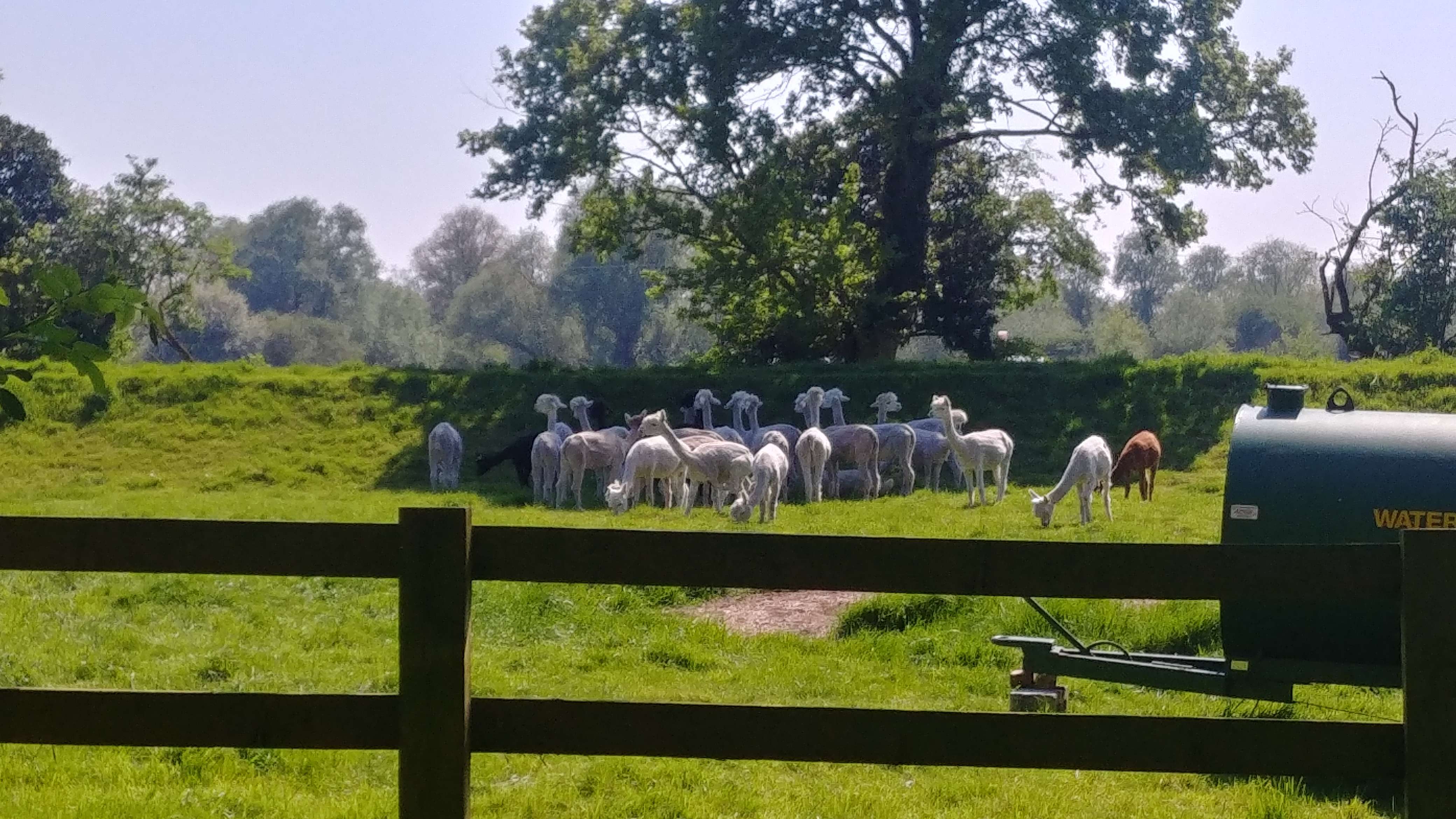 The second type of event was on our afternoon bus ride to nearby St. Ives and the beautiful walk along the Ouse River to Houghton. Along the way we saw a pack (is it called a pack? Or a herd? Or some other name?) of llamas or alpacas, freshly shorn and enjoying the recent sunshine that seemed to have arrived in Cambridgeshire at the same time we did. In moments like those, we know of course what nine-year old Anna would have thought of those funny creatures. But we have to enjoy those new things without her.
The second type of event was on our afternoon bus ride to nearby St. Ives and the beautiful walk along the Ouse River to Houghton. Along the way we saw a pack (is it called a pack? Or a herd? Or some other name?) of llamas or alpacas, freshly shorn and enjoying the recent sunshine that seemed to have arrived in Cambridgeshire at the same time we did. In moments like those, we know of course what nine-year old Anna would have thought of those funny creatures. But we have to enjoy those new things without her.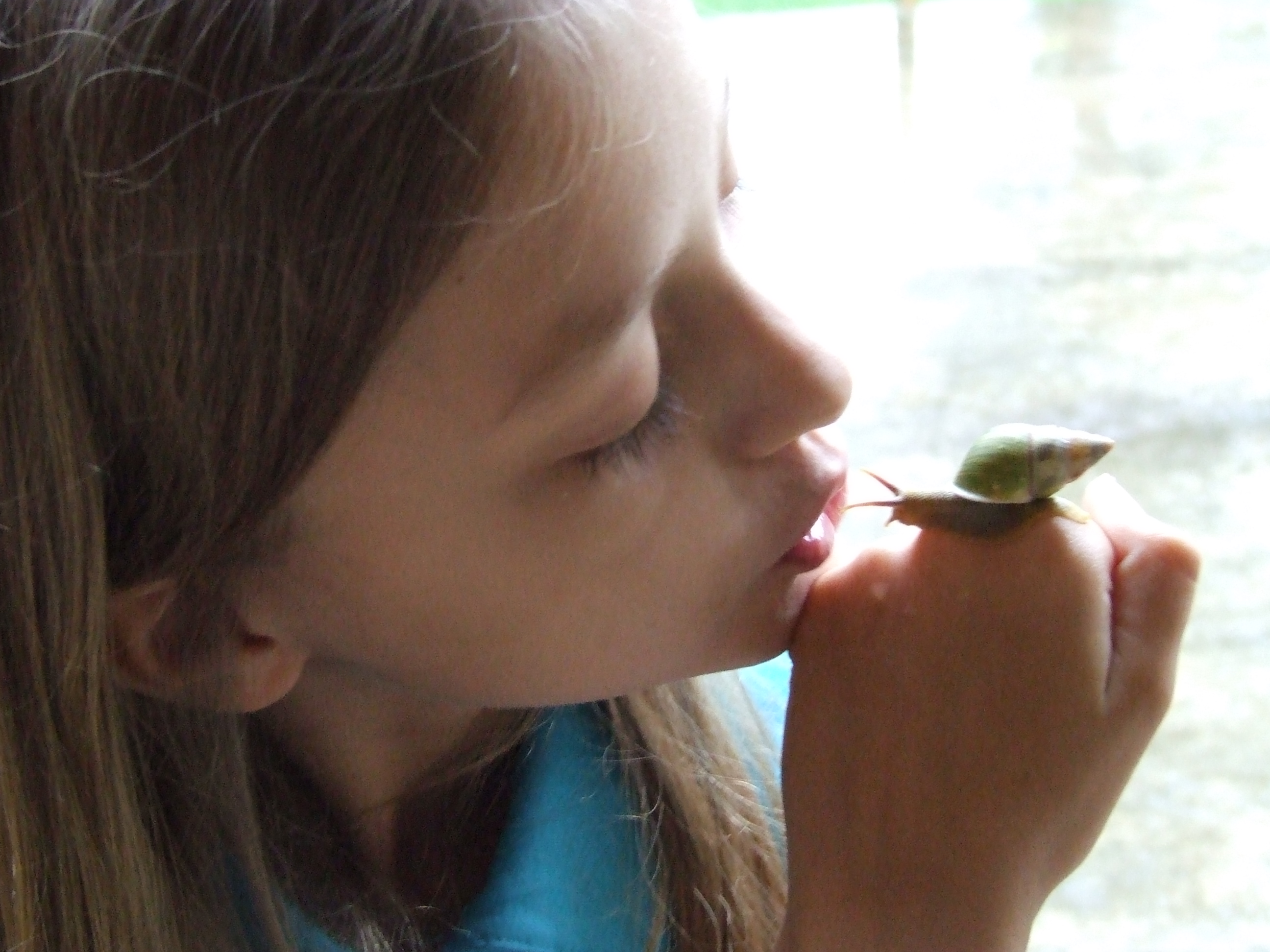

 Today marks another year since Anna’s death in 2008. The days and weeks and months begin to string together over time but markers continue to arise to remind you of your loss. I say at this time every year that navigating spring time is a challenge and a blessing. It is an interesting period of time in that we are remembering Anna’s birth and death and usually right in the middle we celebrate Easter and remember the resurrection of our Lord. But it is not only that we are remembering Jesus’ resurrection, bat we are looking ahead to the resurrection of all followers of Christ.
Today marks another year since Anna’s death in 2008. The days and weeks and months begin to string together over time but markers continue to arise to remind you of your loss. I say at this time every year that navigating spring time is a challenge and a blessing. It is an interesting period of time in that we are remembering Anna’s birth and death and usually right in the middle we celebrate Easter and remember the resurrection of our Lord. But it is not only that we are remembering Jesus’ resurrection, bat we are looking ahead to the resurrection of all followers of Christ.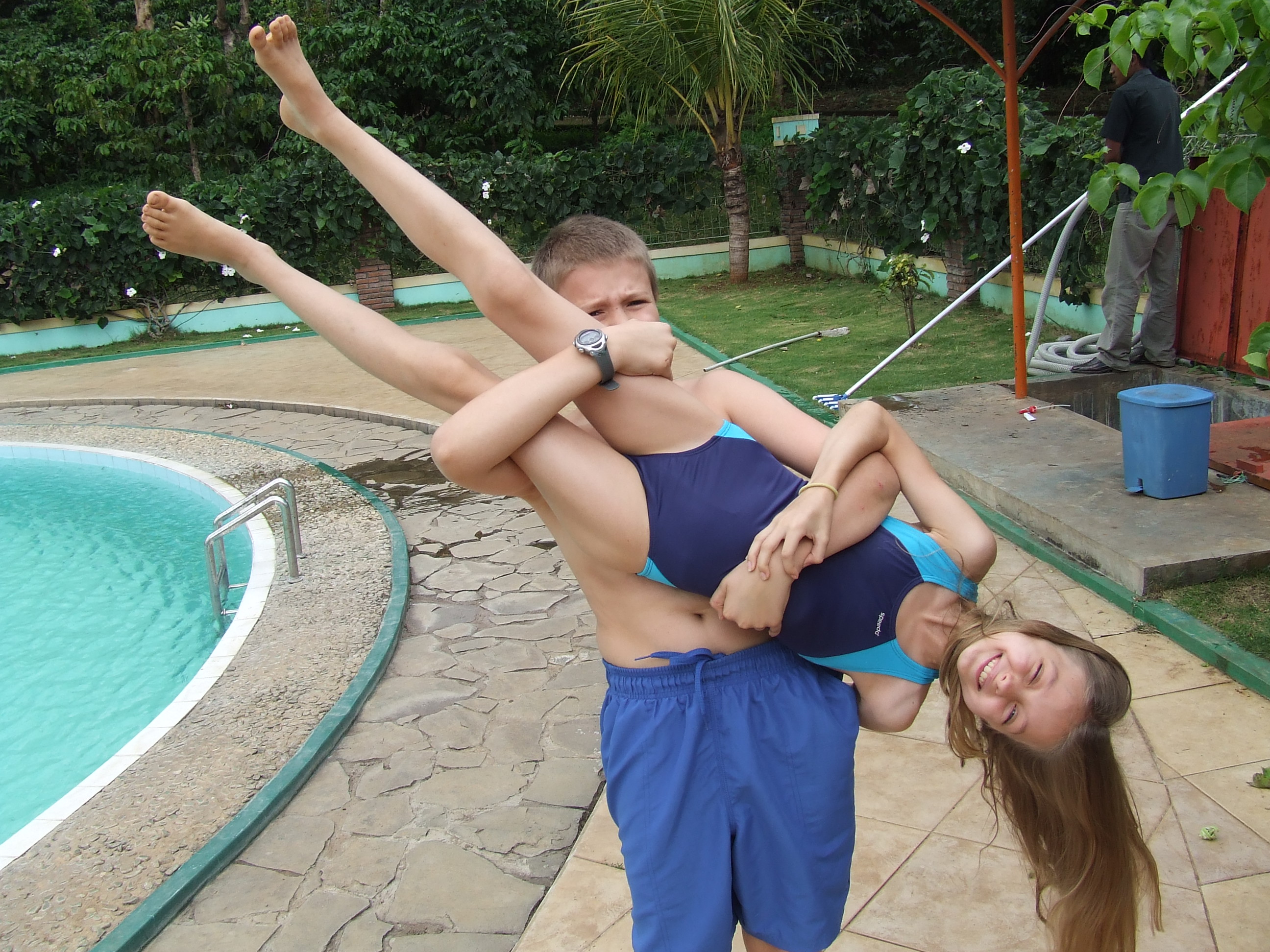

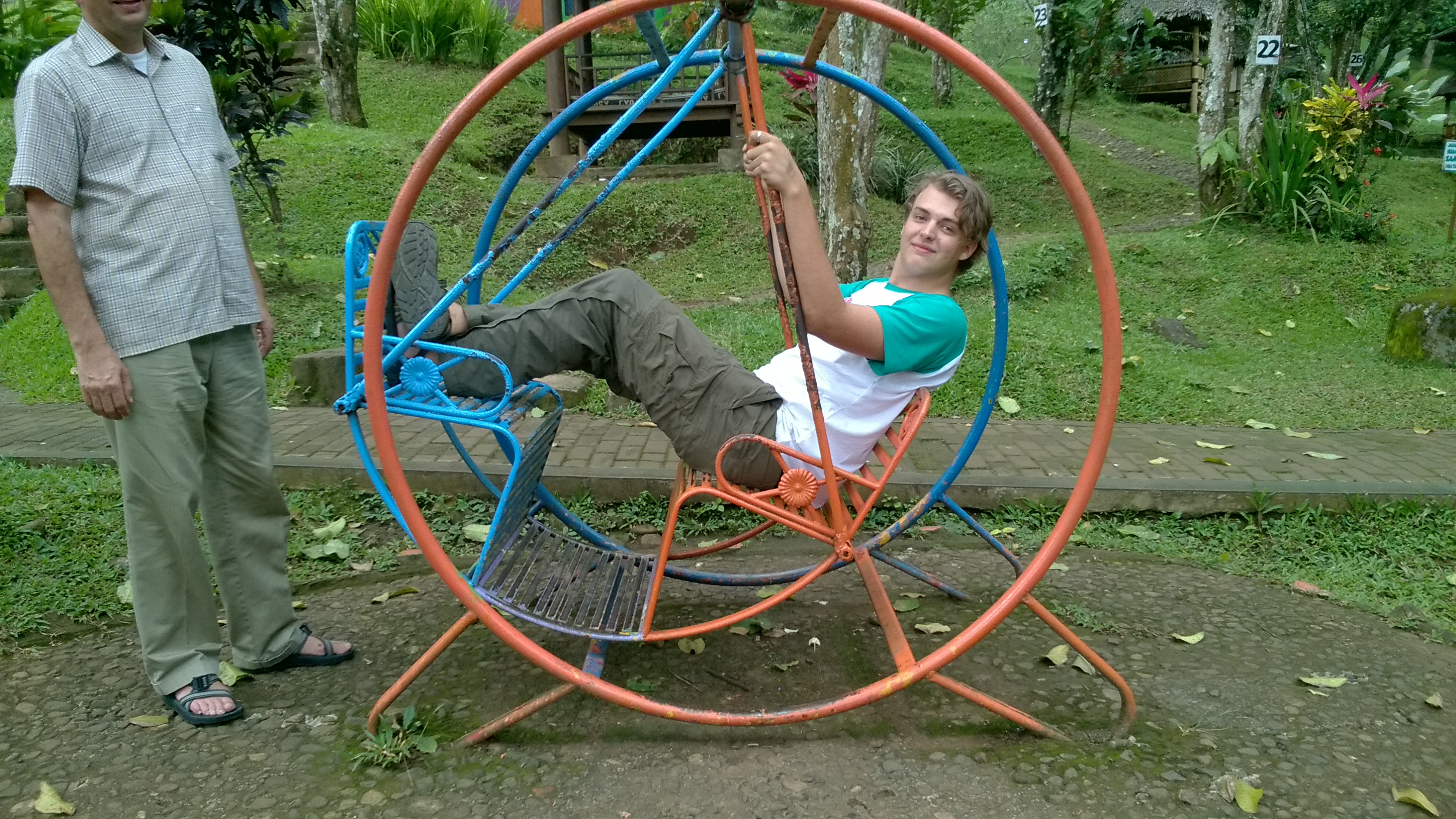
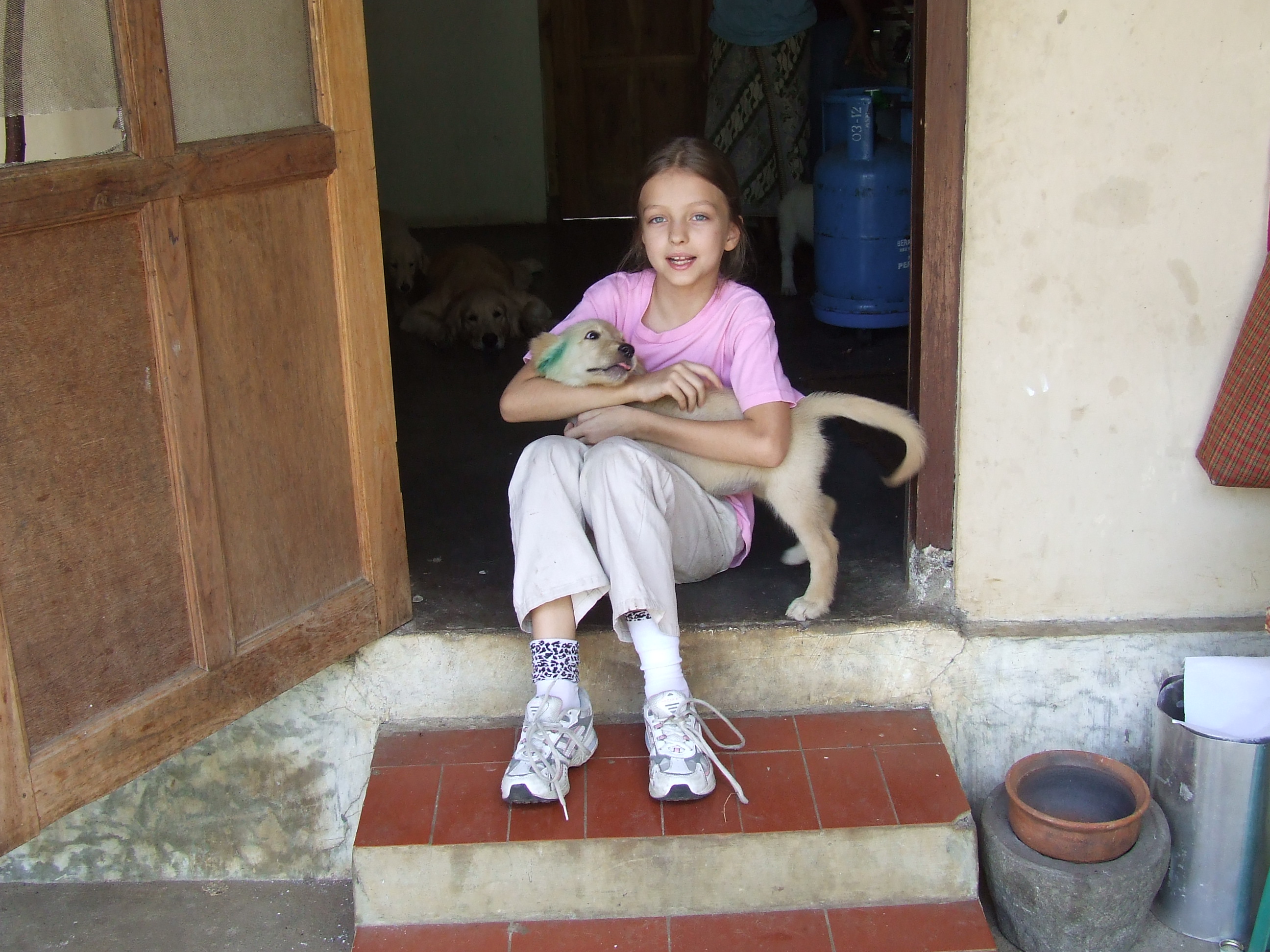







 Another marker today. Anna would be 17 years old today. It is difficult to imagine, really. I shared last year of a memory of Anna learning to ride her bike, and what that might look like as she would learn at 16 to drive a car. The imagined scene was not pretty. But at 17, what am I supposed to imagine? Her first date? Her senior year of high school? It is all so unreal for a little girl who will always remain nine years old. More so for a nine year old girl who, although she wanted to have seventeen children and had already named them all, had no interest in being married. She recognized with apprehension the difficulty of her position and so conceded that she would have to marry in order to have all of her children. “But I don’t want to,” she insisted. “A husband is merely a tool for having children.” I have no idea where she learned things like that at nine years old. Was there a series of juvenile feminist literature she had hidden somewhere in her bedroom?
Another marker today. Anna would be 17 years old today. It is difficult to imagine, really. I shared last year of a memory of Anna learning to ride her bike, and what that might look like as she would learn at 16 to drive a car. The imagined scene was not pretty. But at 17, what am I supposed to imagine? Her first date? Her senior year of high school? It is all so unreal for a little girl who will always remain nine years old. More so for a nine year old girl who, although she wanted to have seventeen children and had already named them all, had no interest in being married. She recognized with apprehension the difficulty of her position and so conceded that she would have to marry in order to have all of her children. “But I don’t want to,” she insisted. “A husband is merely a tool for having children.” I have no idea where she learned things like that at nine years old. Was there a series of juvenile feminist literature she had hidden somewhere in her bedroom?